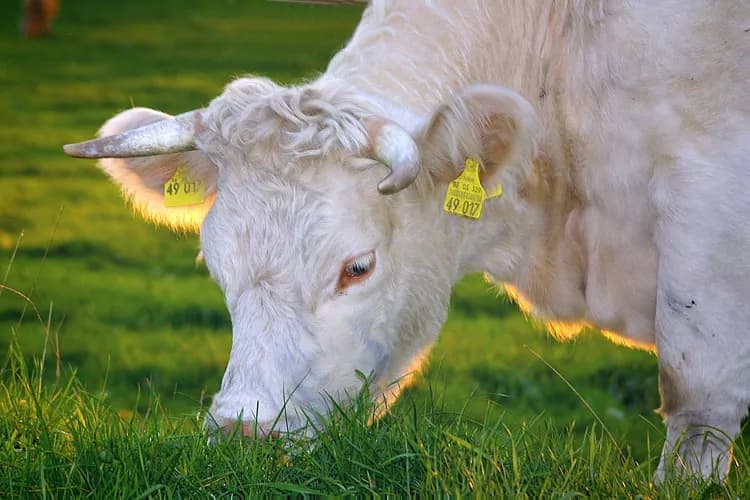
Baltic Clams, Worms Release As Much Greenhouse Gas As 20,000 Dairy Cows
Scientists have shown that ocean clams and worms are releasing a significant amount of potentially harmful greenhouse gas into the atmosphere.
The team, from Cardiff University and Stockholm University, have shown that the ocean critters are producing large amounts of the strongest greenhouse gases -- methane and nitrous oxides -- from the bacteria in their guts.
Methane gas is making its way into the water and then finally out into the atmosphere, contributing to global warming -- methane has 28 times greater warming potential than carbon dioxide.
A detailed analysis showed that around 10 per cent of total methane emissions from the Baltic Sea may be due to clams and worms.
The researchers estimate that this is equivalent to as much methane given off as 20,000 dairy cows. This is as much as 10 per cent of the entire Welsh dairy cow population and 1 per cent of the entire UK dairy cow population.
The findings, which have been published in the journal Scientific Reports, point to a so far neglected source of greenhouse gases in the sea and could have a profound impact on decision makers.
It has been suggested that farming oysters, mussels and clams could be an effective solution against human pressures on the environment, such as eutrophication caused by the run-off of fertilisers into our waters.
The authors warn that stakeholders should consider these potential impacts before deciding whether to promote shellfish farming to large areas of the ocean.
Co-author of the study Dr Ernest Chi Fru, from Cardiff University's School of Earth and Ocean Sciences, said: "What is puzzling is that the Baltic Sea makes up only about 0.1% of Earth's oceans, implying that globally, apparently harmless bivalve animals at the bottom of the world's oceans may in fact be contributing ridiculous amounts of greenhouse gases to the atmosphere that is unaccounted for."
Lead author of the study Dr Stefano Bonaglia, from Stockholm University, said: "It sounds funny but small animals in the seafloor may act like cows in a stable, both groups being important contributors of methane due to the bacteria in their gut.
"These small yet very abundant animals may play an important, but so far neglected, role in regulating the emissions of greenhouse gases in the sea."
To arrive at their results the team analysed trace gas, isotopes and molecules from the worms and clams, known as polychaetes and bivalves respectively, taken from ocean sediments in the Baltic Sea.
The team analysed both the direct and indirect contribution that these groups were having on methane and nitrous oxide production in the sea. The results showed that sediments containing clams and worms increased methane production by a factor of eight compared to completely bare sediments.
Materials provided by Cardiff University. Note: Content may be edited for style and length.
Disclaimer: DoveMed is not responsible for the accuracy of the adapted version of news releases posted to DoveMed by contributing universities and institutions.
References:
Stefano Bonaglia, Volker Brüchert, Nolwenn Callac, Alessandra Vicenzi, Ernest Chi Fru, Francisco J. A. Nascimento. (2017). Methane fluxes from coastal sediments are enhanced by macrofauna. Scientific Reports. DOI: 10.1038/s41598-017-13263-w
Related Articles
Test Your Knowledge
Asked by users
Related Centers
Related Specialties
Related Physicians
Related Procedures
Related Resources
Join DoveHubs
and connect with fellow professionals

0 Comments
Please log in to post a comment.